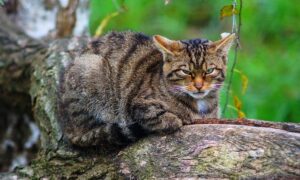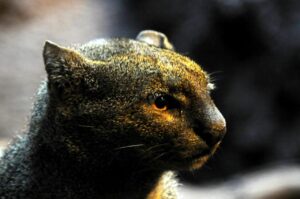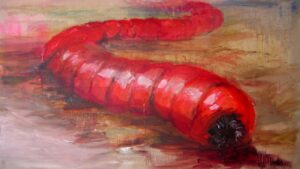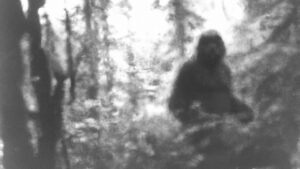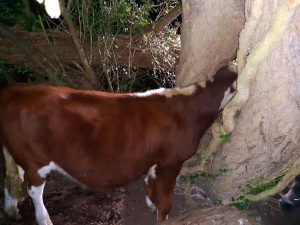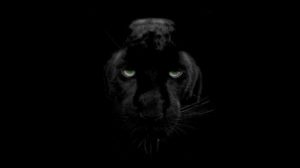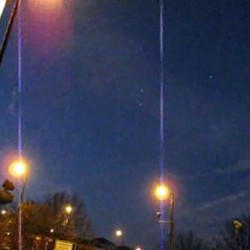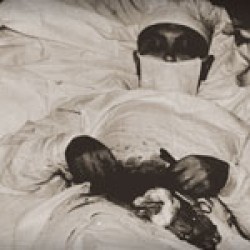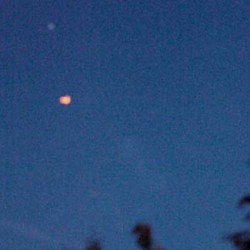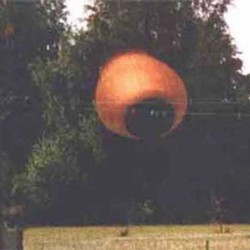Joggers have been left bloodied and scarred following a spate of attacks by buzzards.

It is like a scene from Alfred Hitchcock’s The Birds, with unsuspecting victims swooped on by avian attackers.
Stuart Urquhart, a solicitor from Bristol, was on holiday with his wife and two children in Helford, Cornwall, when he suffered three six-inch cuts to his head in a buzzard attack.
Mr Urquhart, 36, was jogging on a quiet lane near a river at around 9am, when he felt a searing pain in the back of his head before turning around to see a buzzard flying away.
He said: “I thought somebody had thrown some heavy sacking or carpet at me but I couldn’t see anyone. I carried on a few paces and then saw blood running down me and noticed a buzzard flying off into the trees.
“I have brown hair and I wasn’t sure if the buzzard had mistaken me for a big, slow rabbit, so I decided not to take any chances, and invested in a hat.”
Mr Urquhart, who was given a tetanus injection after the attack earlier this month, spotted the buzzard two days later on a telegraph pole. It swooped down with its talons out but Mr Urquhart managed to dive out of the way.

Last week, Paul Powell, a plasterer from Shurdington, Glos, was also attacked by a buzzard while out jogging.
Mr Powell, 38, suffered four puncture wounds to his scalp after a bird sunk its talons into his head.
He said: “I felt an almighty thud at the back of my head. At first I thought someone had hit me… and then I saw this big bird flying just above me. Then I felt a burning sensation and noticed there was blood dripping on to the ground.”
Mr Powell ran for cover, but the buzzard attacked him a second time. He was taken to hospital and also given a tetanus injection.
Ciaran Nelson of the RSPB said that it was very rare to see a spate of buzzard attacks.
“These are the only incidents of buzzards attacking humans we have heard of in the last year, so to have two in such a short period is exceptionally unusual,” he said.
“It is most likely that the birds are feeling territorial and are being extra defensive, as July and August is the period when their young will be starting to leave the nests.
Source and more info: Telegraph (uk).

